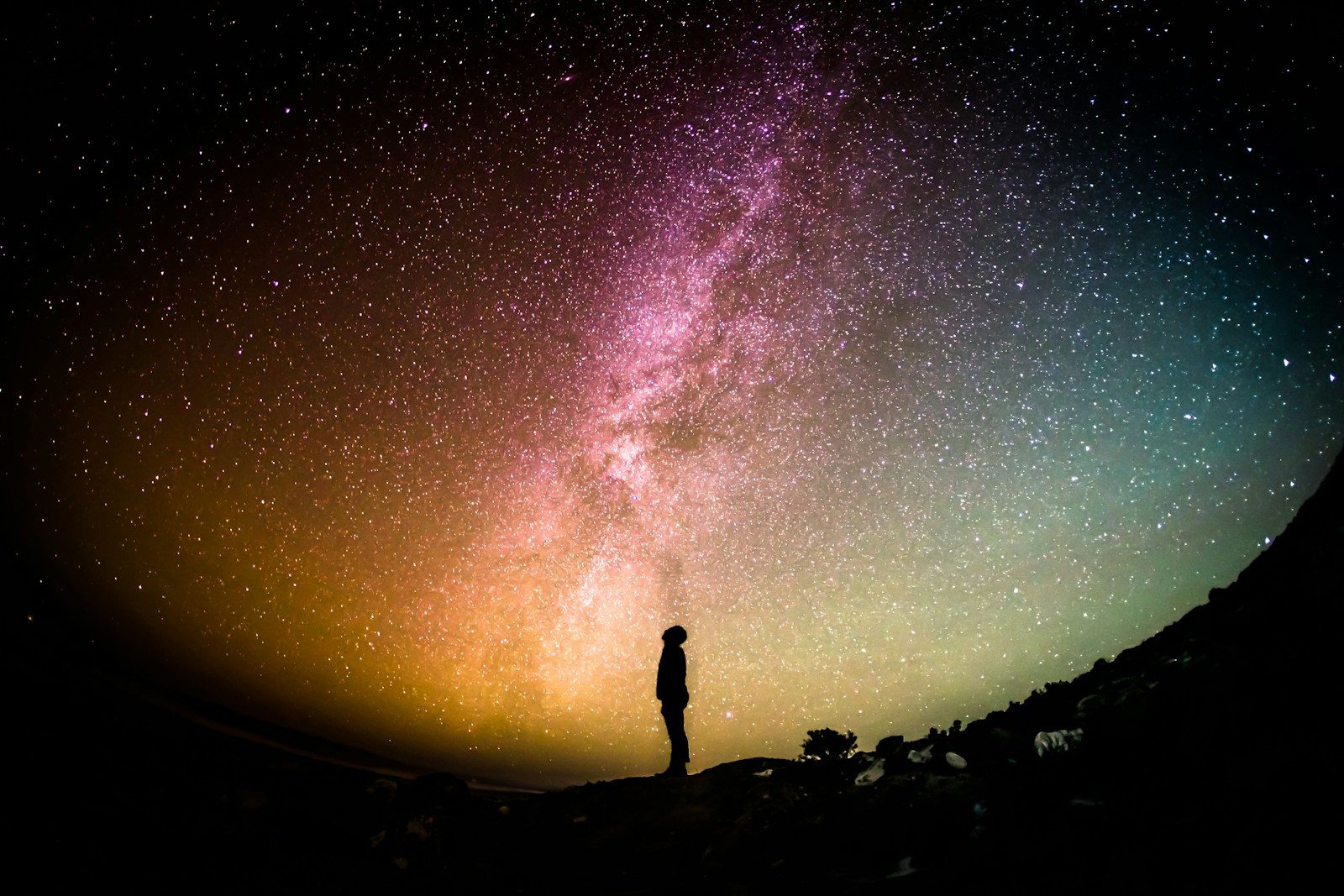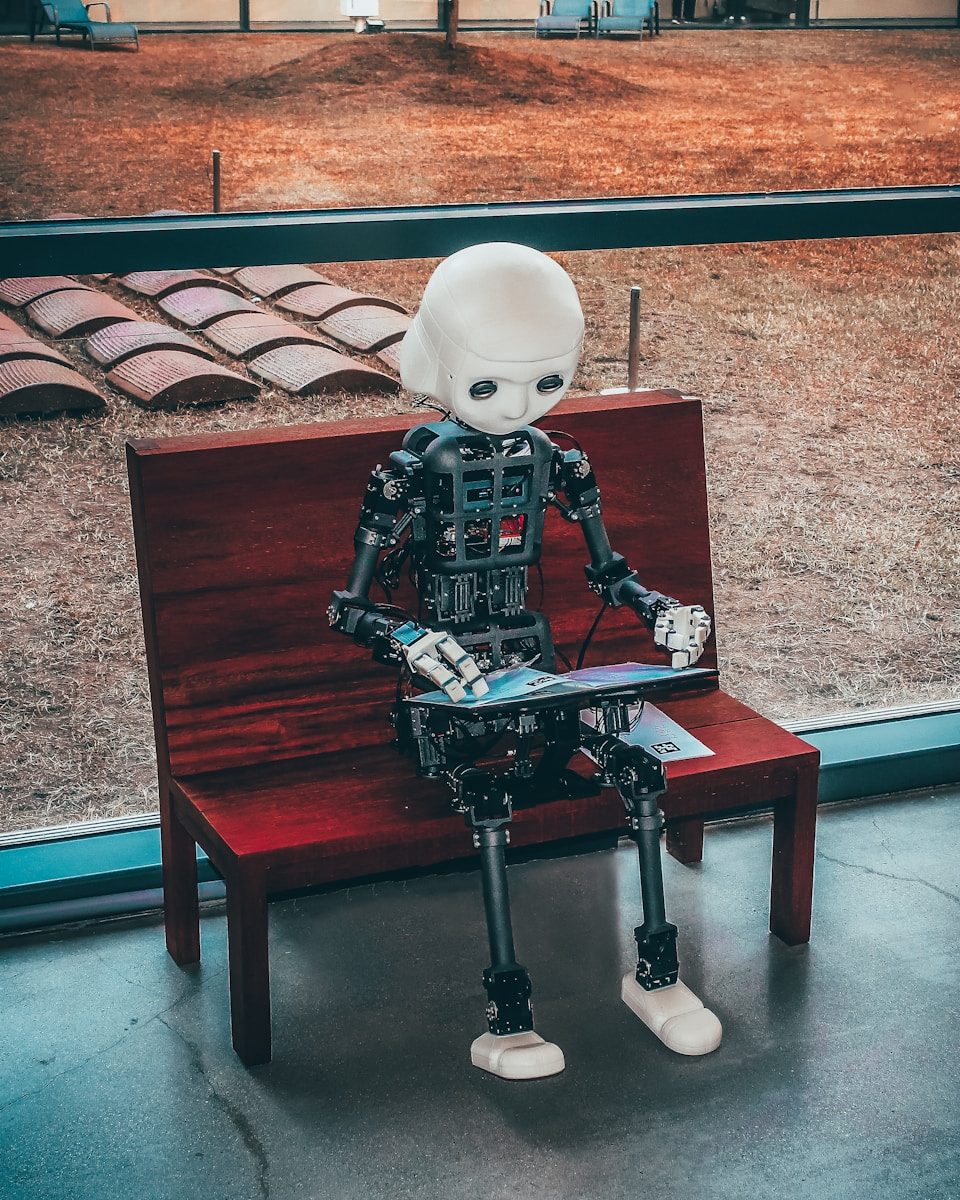Our Conscious Universe: The Hard Problem is the Main Problem
By Ryan Castle
In the vast expanse of the cosmos, amidst the dance of galaxies and the intricate play of the human brain, lies a profound mystery that science is only beginning to unravel: the nature of consciousness. What was once the domain of philosophers and spiritual seekers is now a frontier of scientific inquiry. The significance of focusing on consciousness theory, the so-called “Hard Problem,” cannot be overstated, for it touches upon the very essence of our existence and our place in the universe.[i] The Scientific American article “Understanding Consciousness Is Key to Unlocking Secrets of the Universe” discusses award-winning science writer George Musser’s eloquent explanation of this emerging perspective, aligning with the insights of Deepak Chopra, who has long championed the idea of an inseparable consciousness that permeates all of reality.
Musser’s exploration into consciousness reveals it as an emergent phenomenon that could interact with the universe at the quantum level.[ii] This intersection poses a tantalizing question: does consciousness shape quantum events, or do quantum events reveal an underlying consciousness?[iii] Such questions are not mere abstractions; they challenge the very foundations of how we understand the fabric of reality and are being hotly debated by philosophers and Nobel laureate physicists alike.[iv] Throughout it all Dr. Chopra’s vision of a universal, underlying consciousness resonates with these scientific inquiries, suggesting that our minds are not isolated entities but integral components of a vast, interconnected whole.
The journey to comprehend consciousness is akin to the great voyages of discovery that have expanded our horizons throughout history. Just as Copernicus revolutionized our understanding of the solar system and Darwin transformed our view of life’s origins, the study of consciousness promises to redefine our perception of reality. Challenging our ideas of what is conscious, whether discussing animals or astronomy, evokes a sense of wonder and awe. It underscores the idea that we are not passive observers of a clockwork cosmos, but active participants in a dynamic, living universe.[v] A universe of which we are not the sole observers.
In this blog series, “Our Conscious Universe,” we will embark on an exploration of these profound ideas. Each article will delve into the scientific facts and theories that support the concept of a holistically conscious world, bridging the insights of Dr. Chopra with cutting-edge research. By doing so we aim to explain that these are not fringe notions, but ideas with strong support within the scientific community. The emerging recognition of consciousness as a fundamental aspect of our world invites us to ponder the extraordinary nature of how we interact with that world. The topics we will be exploring in following entries will include:
- Consciousness in animals
- Consciousness binding ecosystems
- Consciousness pervading microbiology
- Consciousness emerging in AI
- Consciousness and the cosmos
As we navigate this series, let us remember to marvel at the ways in which our understanding of consciousness can illuminate the mysteries of the universe. The reality we inhabit is far richer and more wondrous than we have ever imagined, and our exploration of consciousness is a journey into the heart of that wonder. Whether we view the universe through a microscope, a telescope, or the mind’s eye, the emerging science of consciousness reminds us that our quest for knowledge is also a quest for meaning. It is a journey that binds us all in ways both profound and beautiful.
References
[i] Chalmers, D. (2017). The hard problem of consciousness. The Blackwell companion to consciousness, 32-42.
[ii] Lipkind, M. (2008). Consciousness enigma: The” hard problem”–binding problem entanglement,” extra ingredient” and field principle.
[iii] Hameroff, S., & Penrose, R. (2014). Consciousness in the universe: A review of the ‘Orch OR’theory. Physics of life reviews, 11(1), 39-78.
[iv] Penrose, R. (1994). Is Conscious Awareness Consistent with Space-Time Descriptions?. In Philosophy, Mathematics and Modern Physics: A Dialogue (pp. 34-47). Berlin, Heidelberg: Springer Berlin Heidelberg.
[v] Castle, R. (2016). Factors For Identifying Non-Anthropic Conscious Systems. Cosmos & History, 12(2).






